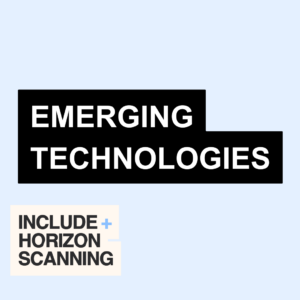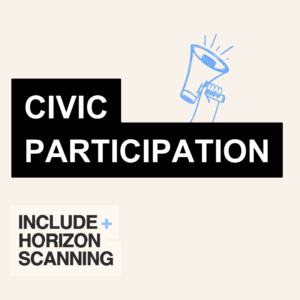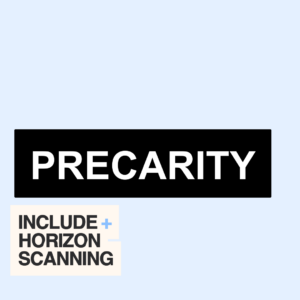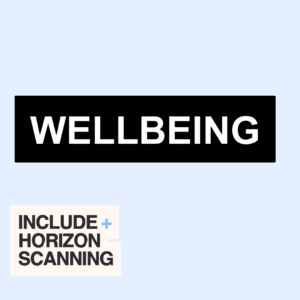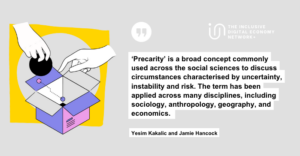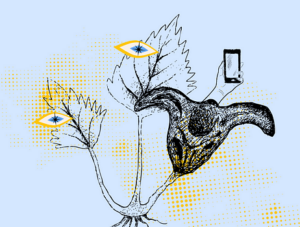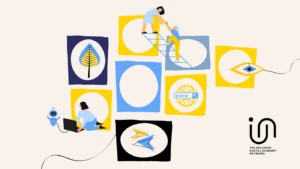Emerging Technologies
Lead Investigator: Matt Jones The pandemic has opened up the possibility of imagining and building a future that takes different core values and practices as central and works in very different ways. The question of how environments can and should be built, shaped and sustained in ways that enable all people to thrive, needs to … Read more

